RUSSIA INFORMED IAEA
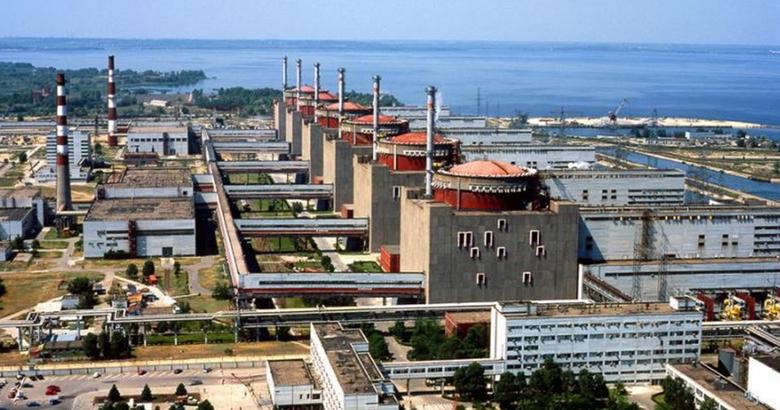
РЕЙТЕР -
-----
Раньше:

2018, March, 14, 11:45:00
REUTERS - U.S. West Texas Intermediate (WTI) crude futures CLc1 were at $60.77 a barrel at 0753 GMT, up 6 cents, or 0.1 percent, from their previous settlement. Brent crude futures LCOc1 were at $64.62 per barrel, down just 2 cents from their last close.
|

2018, March, 7, 15:00:00
РЕЙТЕР - К 9.17 МСК фьючерсы на североморскую смесь Brent опустились на 0,85 процента до $65,23 за баррель. Фьючерсные контракты на американскую лёгкую нефть WTI к этому времени торговались у отметки $62,07 за баррель, что на 0,85 процента ниже предыдущего закрытия.
|

2018, March, 7, 14:00:00
EIA - North Sea Brent crude oil spot prices averaged $65 per barrel (b) in February, a decrease of $4/b from the January level and the first month-over-month average decrease since June 2017. EIA forecasts Brent spot prices will average about $62/b in both 2018 and 2019 compared with an average of $54/b in 2017.
|

2018, March, 5, 11:35:00
РЕЙТЕР - К 9.28 МСК фьючерсы на североморскую смесь Brent поднялись на 0,33 процента до $64,58 за баррель. Фьючерсные контракты на американскую лёгкую нефть WTI к этому времени торговались у отметки $61,44 за баррель, что на 0,31 процента выше предыдущего закрытия.
|

2018, March, 4, 11:30:00
МИНФИН РОССИИ - Средняя цена нефти марки Urals по итогам января – февраля 2018 года составила $ 65,99 за баррель.
|

2018, February, 27, 14:15:00
РЕЙТЕР - К 9.18 МСК фьючерсы на североморскую смесь Brent опустились на 0,15 процента до $67,40 за баррель. Фьючерсные контракты на американскую лёгкую нефть WTI к этому времени торговались у отметки $63,80 за баррель, что на 0,17 процента ниже предыдущего закрытия.
|

2018, February, 27, 14:05:00
МИНФИН РОССИИ - Средняя цена на нефть Urals за период мониторинга с 15 января по 14 февраля 2018 года составила $66,26457 за баррель, или $483,7 за тонну.
|
RUSSIA INFORMED IAEA

IAEA - MAR 2 2022 - Russia has informed the International Atomic Energy Agency (IAEA) that its military forces have taken control of the territory around Ukraine’s Zaporizhzhia Nuclear Power Plant (NPP), Director General Rafael Mariano Grossi said today.
In an official letter to the Director General dated 1 March, the Permanent Mission of the Russian Federation to the International Organizations in Vienna also said personnel at the plant continued their “work on providing nuclear safety and monitoring radiation in normal mode of operation. The radiation levels remain normal.”
Earlier on 1 March, Ukraine informed the IAEA that all its nuclear power plants remained under the control of the national operator. In an update this morning, the State Nuclear Regulatory Inspectorate of Ukraine (SNRIU) said it maintained communications with the country’s nuclear facilities and that the NPPs continued to operate normally.
The Zaporizhzhia plant is the largest of Ukraine’s NPP sites with six out of the country’s 15 nuclear energy reactors.
In a letter addressed to the Director General and received on 1 March, the Acting Chief State Inspector of SNRIU has requested for IAEA to provide immediate assistance in coordinating activities in relation to the safety of the Chornobyl NPP and other nuclear facilities. The Director General will be holding consultations and maintain contacts in order to address this request.
The Director General has repeatedly stressed that any military or other action that could threaten the safety or security of Ukraine’s nuclear power plants must be avoided. He also said that operating staff must be able to fulfil their safety and security duties and have the capacity to make decisions free of undue pressure.
The IAEA continues to closely monitor developments in Ukraine, with a special focus on the safety and security of its nuclear power reactors. The IAEA remains in constant contact with its counterpart and will continue to provide regular updates on the situation in Ukraine.
-----
Earlier:
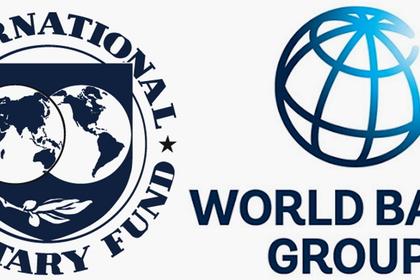
2022, March, 2, 11:20:00
JOINT IMF, WBG STATEMENT
“We are deeply shocked and saddened by the devastating human and economic toll brought by the war in Ukraine. People are being killed, injured, and forced to flee, and massive damage is caused to the country’s physical infrastructure.
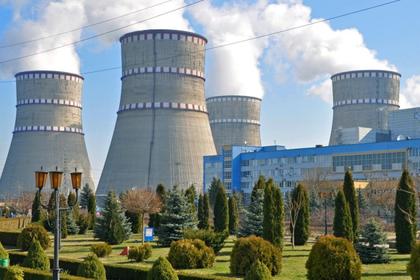
2022, March, 1, 12:05:00
UKRAINIAN NUCLEAR: SAFELY, SECURELY
Ukraine informed the International Atomic Energy Agency (IAEA) today that the country’s nuclear power plants were continuing to be operated safely and securely,
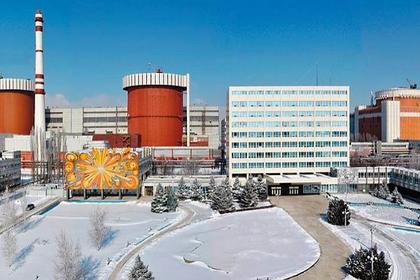
2022, February, 25, 11:30:00
UKRAINIAN NUCLEAR: SAFETY, RELIABILITY
The Ukraine regulatory body, the counterpart, has earlier informed the IAEA that it is maintaining communications with Ukraine’s operational nuclear power plants, which it said are operating safely and securely.
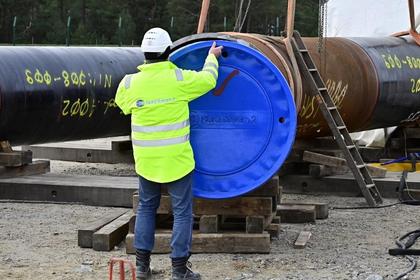
2022, February, 23, 13:10:00
NORD STREAM 2 PAUSE
Halting the certification process means the 55 Bcm/year pipeline -- which was completed in September -- will be unable to begin commercial operations.
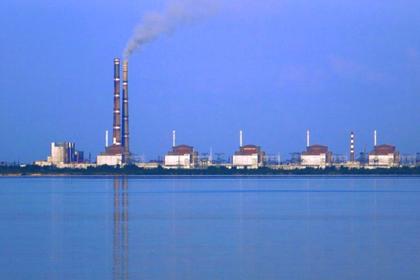
2022, February, 17, 13:30:00
UKRAINIAN NUCLEAR PRIORITIES
The recent decision by the European Union to include nuclear power in the Taxonomy showed that nuclear power will be the driving force for decarbonisation.
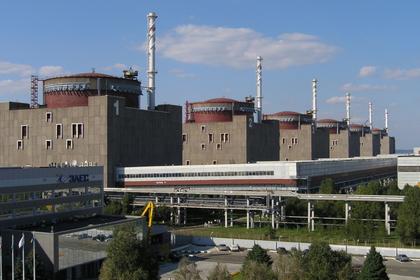
2022, February, 7, 11:20:00
UKRAINE, CANADA NUCLEAR COOPERATION
OCNI is an association of 240 Canadian suppliers to the nuclear industry. The Ukraine state enterprise Energoatom operates four nuclear power plants with 15 power units.
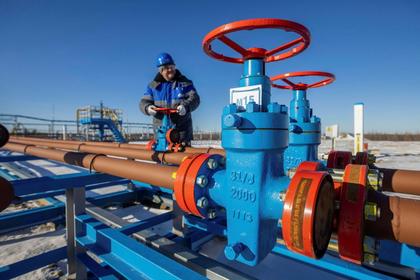
2022, February, 1, 14:40:00
UKRAINE WITHOUT RUSSIAN GAS
Ukraine, which earns more than Poland from gas transit fees, may have to look at ways to diversify its own supplies and rethink its function in the European gas system. Until it does, it will continue to depend on Russia.
All Publications »
Tags:
RUSSIA,
UKRAINE,
NUCLEAR,
IAEA





















